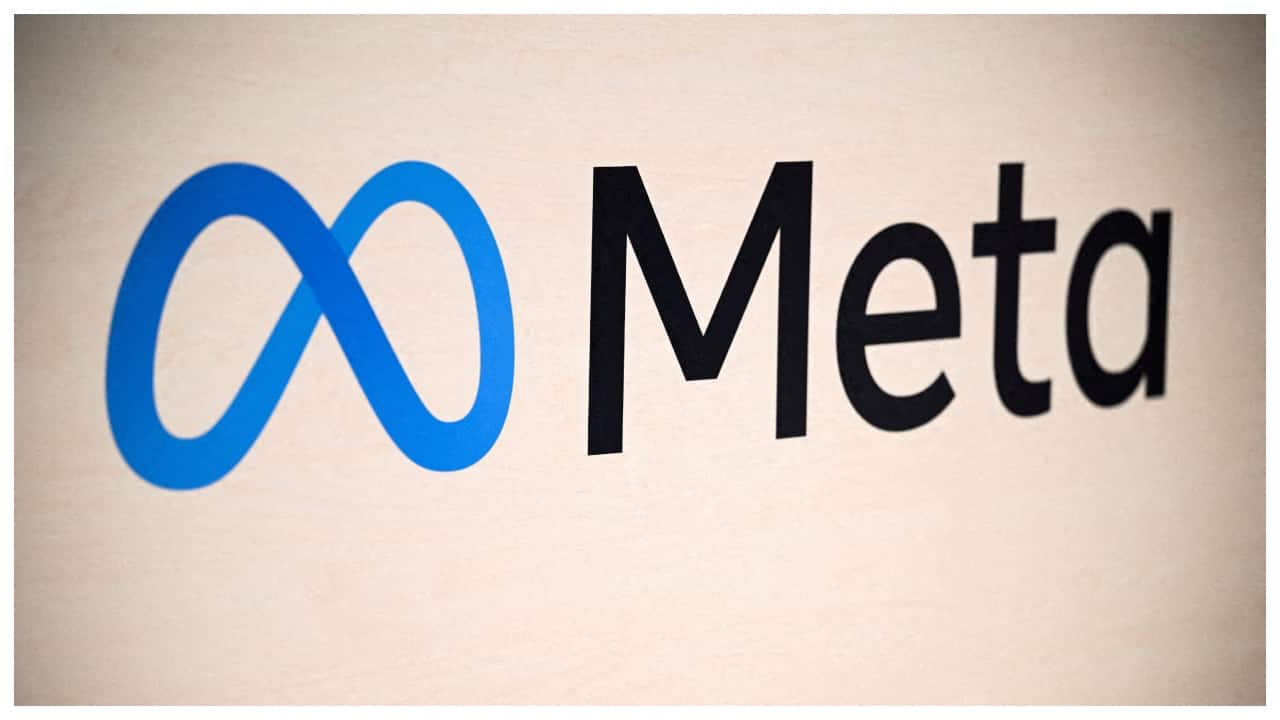Meta to ban AI chatbots like ChatGPT and Perplexity from WhatsApp: 5 key things to know
WhatsApp is changing its policy to block AI chatbots such as ChatGPT and Perplexity. From January 2026, only Meta’s own assistant will remain active.
1/5

WhatsApp bans AI chatbots from its platform
Meta, the company that owns WhatsApp, has decided to ban general-purpose AI chatbots from using its app. This means popular AI assistants like ChatGPT, Perplexity, Luzia, and Poke will no longer be allowed to run directly on WhatsApp. The rule will officially take effect from January 15, 2026.
Meta, the company that owns WhatsApp, has decided to ban general-purpose AI chatbots from using its app. This means popular AI assistants like ChatGPT, Perplexity, Luzia, and Poke will no longer be allowed to run directly on WhatsApp. The rule will officially take effect from January 15, 2026.
2/5

Why Meta made this change
According to Meta, WhatsApp’s business tools were designed to help companies talk to customers, not to host AI bots that chat with anyone. Recently, some AI companies started using WhatsApp to offer their chatbots to millions of users, which Meta says was never the original purpose of its business API.
According to Meta, WhatsApp’s business tools were designed to help companies talk to customers, not to host AI bots that chat with anyone. Recently, some AI companies started using WhatsApp to offer their chatbots to millions of users, which Meta says was never the original purpose of its business API.
3/5

Businesses using AI for support are still safe
Meta clarified that this change won’t affect businesses using AI for customer service, like a travel agency or bank using a bot to answer simple customer queries. The ban only applies to general-purpose AI assistants—the kind that can talk about anything, like ChatGPT or Perplexity’s bots.
Meta clarified that this change won’t affect businesses using AI for customer service, like a travel agency or bank using a bot to answer simple customer queries. The ban only applies to general-purpose AI assistants—the kind that can talk about anything, like ChatGPT or Perplexity’s bots.
4/5

Heavy traffic and no profit for WhatsApp
One of the main reasons for this decision is cost and control. AI chatbots were sending a huge number of messages, which increased the load on WhatsApp’s systems. But since these bots didn’t fit into WhatsApp’s paid business model, Meta wasn’t earning money from them — making it an unprofitable strain on their network.
One of the main reasons for this decision is cost and control. AI chatbots were sending a huge number of messages, which increased the load on WhatsApp’s systems. But since these bots didn’t fit into WhatsApp’s paid business model, Meta wasn’t earning money from them — making it an unprofitable strain on their network.
5/5

What this means going forward
Once the rule kicks in, WhatsApp will no longer be a platform where AI bots can operate freely. It also means Meta’s own assistant — Meta AI — will be the only one available inside the app. OpenAI and others will have to find new ways to reach WhatsApp’s 3 billion users worldwide.
Once the rule kicks in, WhatsApp will no longer be a platform where AI bots can operate freely. It also means Meta’s own assistant — Meta AI — will be the only one available inside the app. OpenAI and others will have to find new ways to reach WhatsApp’s 3 billion users worldwide.
Discover the latest Business News, Budget 2025 News, Sensex, and Nifty updates. Obtain Personal Finance insights, tax queries, and expert opinions on Moneycontrol or download the Moneycontrol App to stay updated!






